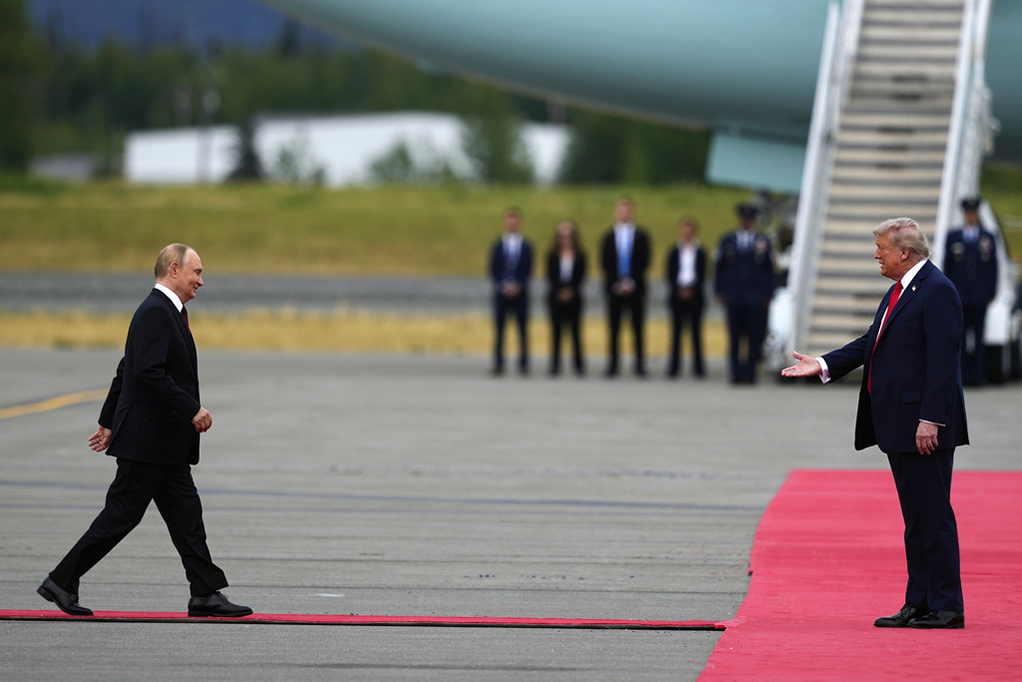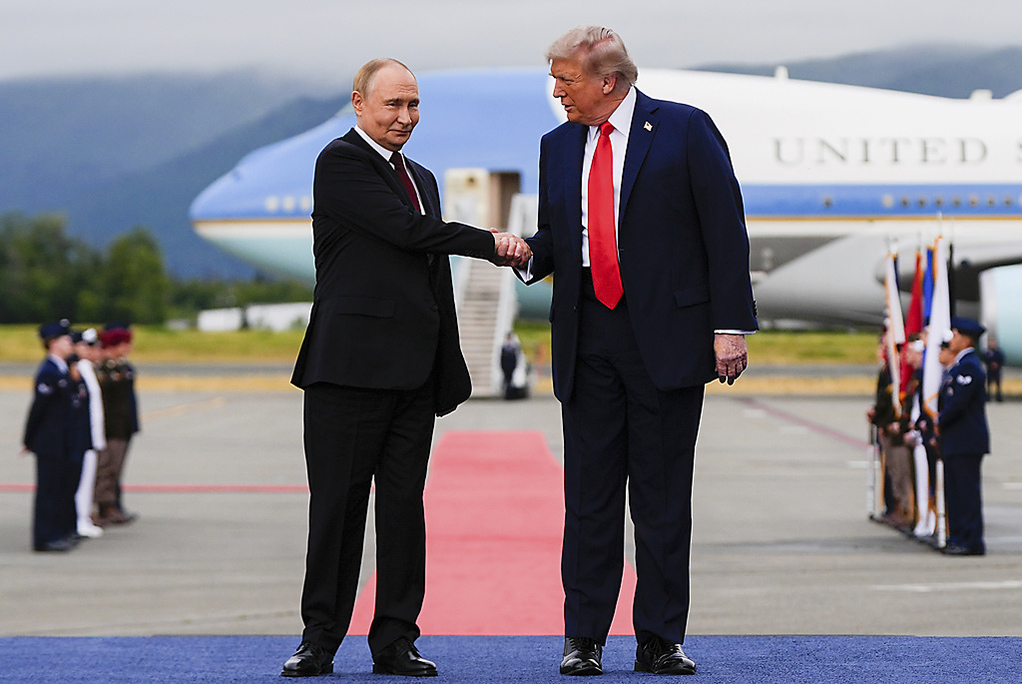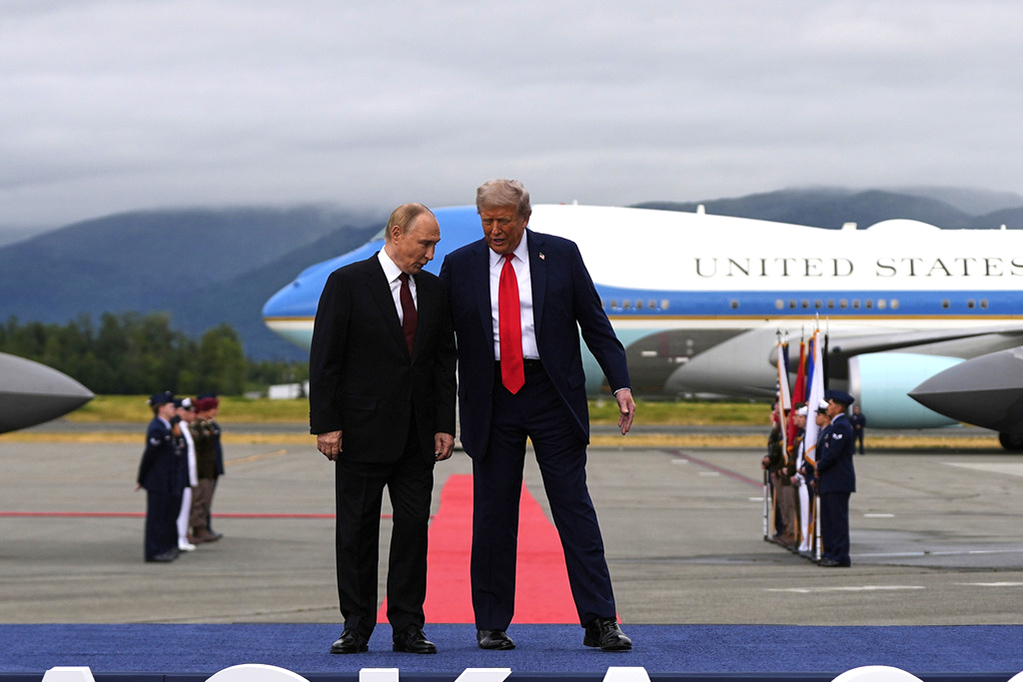Expert Names 4 Key Misunderstandings the US Has About Russia

Since the Soviet Union’s collapse, US-Russian relations have followed predictable stages — euphoria, pragmatism, disillusionment, crisis, and reset, as Kier Giles of Chatham House notes. Regardless of who occupies the White House, the two countries have struggled to maintain stable, productive relations, largely due to long-term structural factors rather than the personalities of their presidents.
The Gaze reports on it, referring to an article by Robert Hamilton, senior research fellow at the Delphi Global Research Center.
Understanding the nature of Russia is key to developing effective US policy, the author argues. The main mistake of American politicians is that they often perceive Russia as a normal modern state with standard security goals and a desire for stability. In reality, Russia “is an unapologetically unreformed empire masquerading as a responsible global citizen.”

First, the US underestimates Russia's definition of minimum acceptable security for itself. The Kremlin demands such broad security guarantees that they undermine the security of neighboring states. Russia's neighbors have two options: become a vassal or a rival, because any independent foreign policy is seen as a threat.
Second, Western politicians often underestimate Russia's perception of threats.
“The danger for the US and its allies here is that they often dismiss as contrived things the Kremlin actually does perceive as threats,” writes Hamilton.
American politicians may consider certain actions safe and harmless to Russia, so they dismiss Russian protests as propaganda. In reality, Russian leaders sometimes perceive these actions as a threat, which creates the risk of miscalculations and misinterpretations of Moscow's intentions.
For example, NATO's expansion into countries bordering Russia was initially purely institutional, without the deployment of troops, but Moscow perceived it as a threat, leading to aggressive actions in 2014 and 2022.
The paradox is that actions that the US and its allies did not consider dangerous were perceived by Moscow as a threat, and its reaction led to a real escalation of military confrontation.
“One way to summarize the paradox here is this: if you think NATO enlargement threatens Russia, you don't know NATO; if you think Russia is not threatened by NATO enlargement, you don't know Russia,” the author concluded.

Third, US policymakers often underestimate Russia’s high tolerance for risk. Russian leaders frequently take bold actions, from threatening US forces in Syria to nuclear posturing over Ukraine, that Washington would consider unacceptable. This aligns with prospect theory: when a state faces losses, it pursues high-risk, high-reward strategies to try to reverse them. Such behavior can effectively deter the US by threatening escalations it is unwilling to risk.
Fourth, the US underestimates Russia's cynicism toward the West. The Kremlin is skeptical of international norms, law, and institutions, viewing Western states as no less pragmatic and often more devious. Every instance of Western norm-breaking only reinforces this perception, deepening mistrust and justifying Moscow's aggressive actions.
Thus, Robert Hamilton suggests that the US should shape its policy toward Russia based on a clear understanding of its strategies and behavior, rather than relying on personal agreements between leaders. The Kremlin's excessive security demands cannot be met without harming the US's allies and its own security, so it is important to distinguish between real, perceived, and imagined threats as perceived by Moscow.
Russia's high tolerance for risk means that its actions, which threaten escalation, should be seen as a means of deterring the West, rather than as direct intentions to conflict. Ignoring this aspect is dangerous, but allowing the Kremlin to deter the US from defending its own interests is also unacceptable.
Finally, Hamilton emphasizes the importance of restoring trust in international laws, norms, and institutions. Adherence to these standards not only weakens Russian cynicism toward the West, but also supports the predictability of the international order. The historical lessons of the past show that ignoring international norms can lead to catastrophic conflicts, and today's leaders must take them into account to avoid global crises.
Read more on The Gaze: Trump-Putin Gambit: Scenarios and Stakes for Ukraine